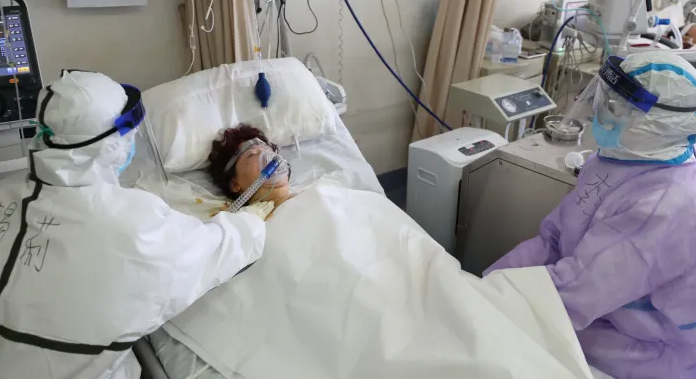Studying the Pandemic

He says that he only believes things he can personally confirm, and the fact that he doesn’t know anyone who has the virus is proof that the CDC’s numbers are manufactured.
I wrote:
We were talking about how improbable it is that you don’t know a single person in the entire state of Florida who has COVID-19. You’d be more likely to hear about it if the person died. So, for grins, I took the CDC’s number (4400 dead out of a population of 21 million) and calculated the probability.
Let’s say you know 1000 people, which is a lot, I would think. The probability of your not knowing the first one is 1 – (4400/21000000) = 0.99979. The probability of your not knowing the second one is almost the same; let’s just say it is exactly 0.99979. Now we’re going to iterate this 1000 times, meaning we’ll calculate 0.99979^1000, which is 0.81
Thus there is roughly an 81% chance of your not knowing a single one, and a 19% chance you would know at least one.
Obviously, the more people you know, the more likely it becomes that you’ll know at least one, but for there to be a 50-50 chance, you’d have to know 3300 people.
